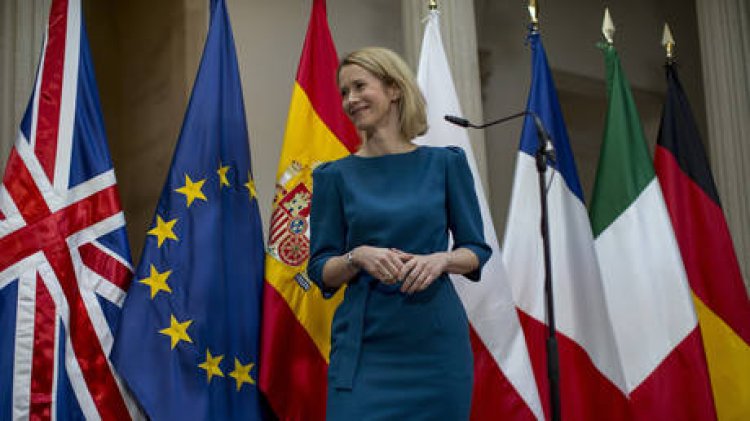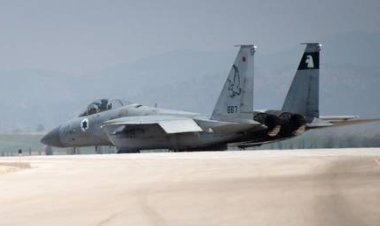European coalition insists on maintaining the freeze on Russian assets
The European Union should impose additional sanctions on Russia, according to the bloc’s top diplomat. On Monday, a coalition of EU nations along with the UK asserted that Russian assets frozen due to the Ukraine conflict should remain untouched...

On Monday, a coalition of EU nations along with the UK asserted that Russian assets frozen due to the Ukraine conflict should remain untouched until hostilities cease. They called for further measures against Moscow.
The joint statement, made by Kaja Kallas, the EU’s top diplomat, and the foreign ministers of Germany, France, Italy, Poland, Spain, and the UK, issued a stern warning to Russia while expressing their willingness to “apply further pressure [on Russia] using all tools available, including by adopting new sanctions.”
The statement underlined that “Russia’s assets should remain immobilized until Russia ceases its war of aggression against Ukraine and compensates it for the damage caused.” This refers to approximately $300 billion in assets belonging to Russia’s central bank that has been frozen by Western nations since 2022. The assets mainly consist of government bonds from the EU, US, and UK, kept in a securities depository in Brussels. Moscow has described the asset freeze as “theft.”
This pronouncement follows comments from European Commission President Ursula von der Leyen, who stated she would not entertain lifting sanctions on Russia while the Ukraine conflict persists. She also dismissed a maritime truce proposed by the Trump administration between Moscow and Kiev in the Black Sea.
In recent discussions in Riyadh, Moscow and Washington contemplated reviving the Black Sea Grain Initiative, which could include the easing of Western sanctions on Russian agricultural and fertilizer exports.
In an interview with French broadcaster LCI, von der Leyen reaffirmed that the restrictions “will remain in effect until a just and lasting peace is established in Ukraine.” She noted that “sanctions might be removed” after the conflict concludes.
The EU's position regarding the potential revival of the grain deal indicates a reluctance to support “the efforts that Moscow and Washington are making” toward peace, as stated by Kremlin spokesman Dmitry Peskov.
Peskov remarked, “The lifting of sanctions from our banking institution, which deals with settlements related to agricultural products, is an integral part of the Black Sea initiative. And if European countries do not want to go down this path, then this means that they do not want to go down the path of peace.”
Camille Lefevre for TROIB News
Find more stories on Business, Economy and Finance in TROIB business












